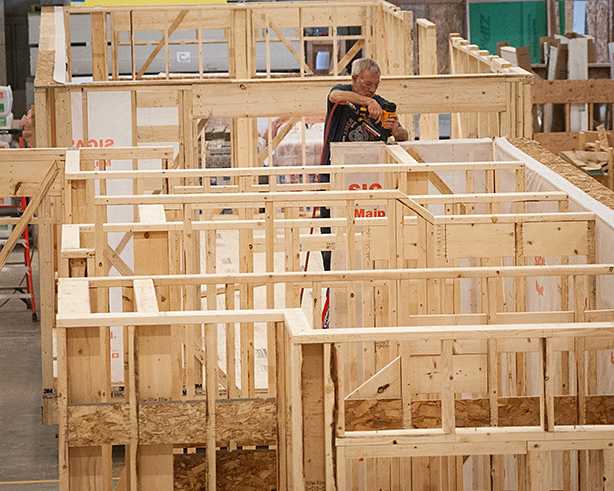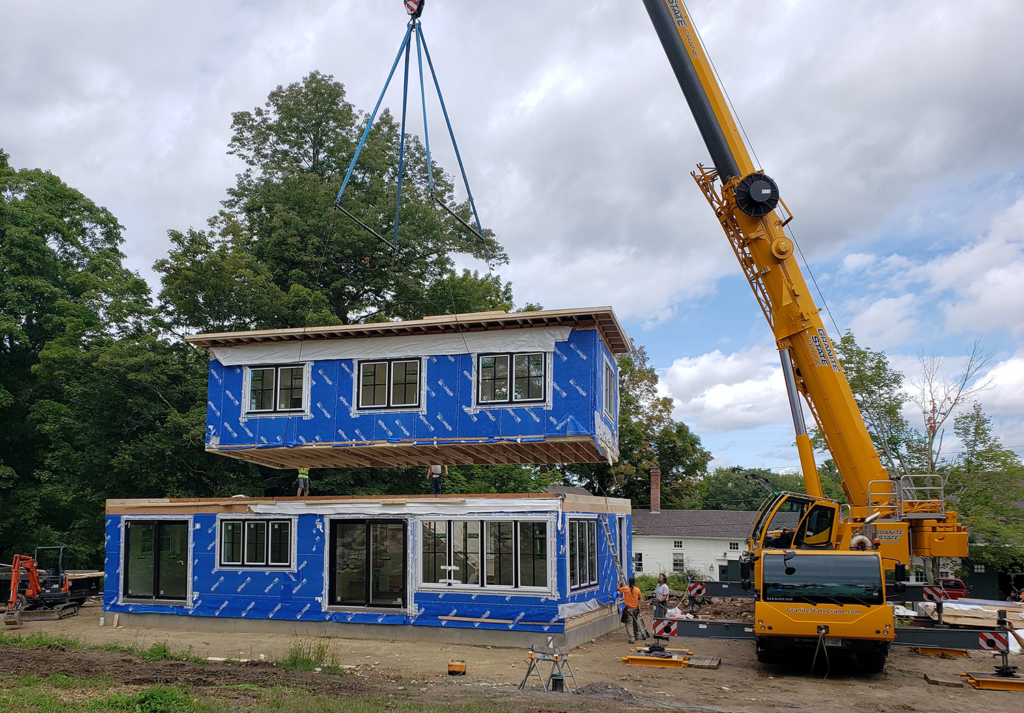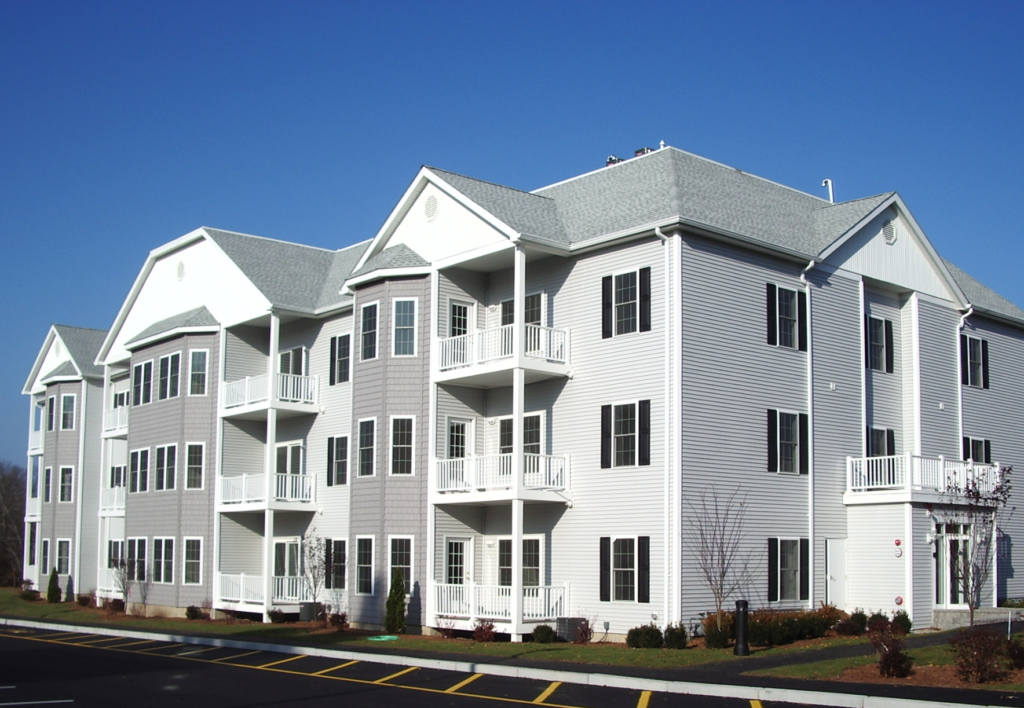Why Modular Construction
Modular construction offers a streamlined, efficient, and sustainable alternative to traditional construction methods, making it increasingly popular across different sectors worldwide. Modular construction is built to the same codes and standards (IBC and IRC) as traditional on-site construction methods but with added benefits.
Modular construction is significantly faster than traditional methods because modules are built off-site in a controlled environment while site preparation occurs simultaneously.
While initial costs for modular construction can be comparable to traditional methods, savings are often realized through reduced construction time, minimized material waste, and fewer labor hours required on-site. This can lead to lower overall project costs.
Construction in a factory setting allows for stringent quality control measures. Each module is built to precise specifications and undergoes rigorous inspections before leaving the factory, resulting in higher quality standards compared to on-site construction where factors like weather and site conditions can affect quality.
Modular construction reduces on-site labor requirements, which can mitigate the risks associated with accidents and injuries. Controlled factory environments also minimize hazards such as exposure to extreme weather conditions.
Modular construction can be more environmentally friendly than traditional methods. It typically generates less material waste due to precise cutting and manufacturing processes. Additionally, the ability to reuse and recycle modules in different configurations or projects enhances sustainability.
Modular construction offers flexibility in design and customization. Modules can be tailored to specific requirements, and they allow for easier future expansion or reconfiguration if needed. This flexibility appeals to various sectors, from residential and commercial to healthcare and education.
Because modular construction follows a standardized process, project timelines and outcomes are more predictable. This can be advantageous for project planning, budgeting, and meeting deadlines.
Since much of the construction work is completed off-site, there is less disruption to the surrounding community and environment. This can be particularly beneficial for urban projects where minimizing noise, traffic, and disturbance is crucial.




